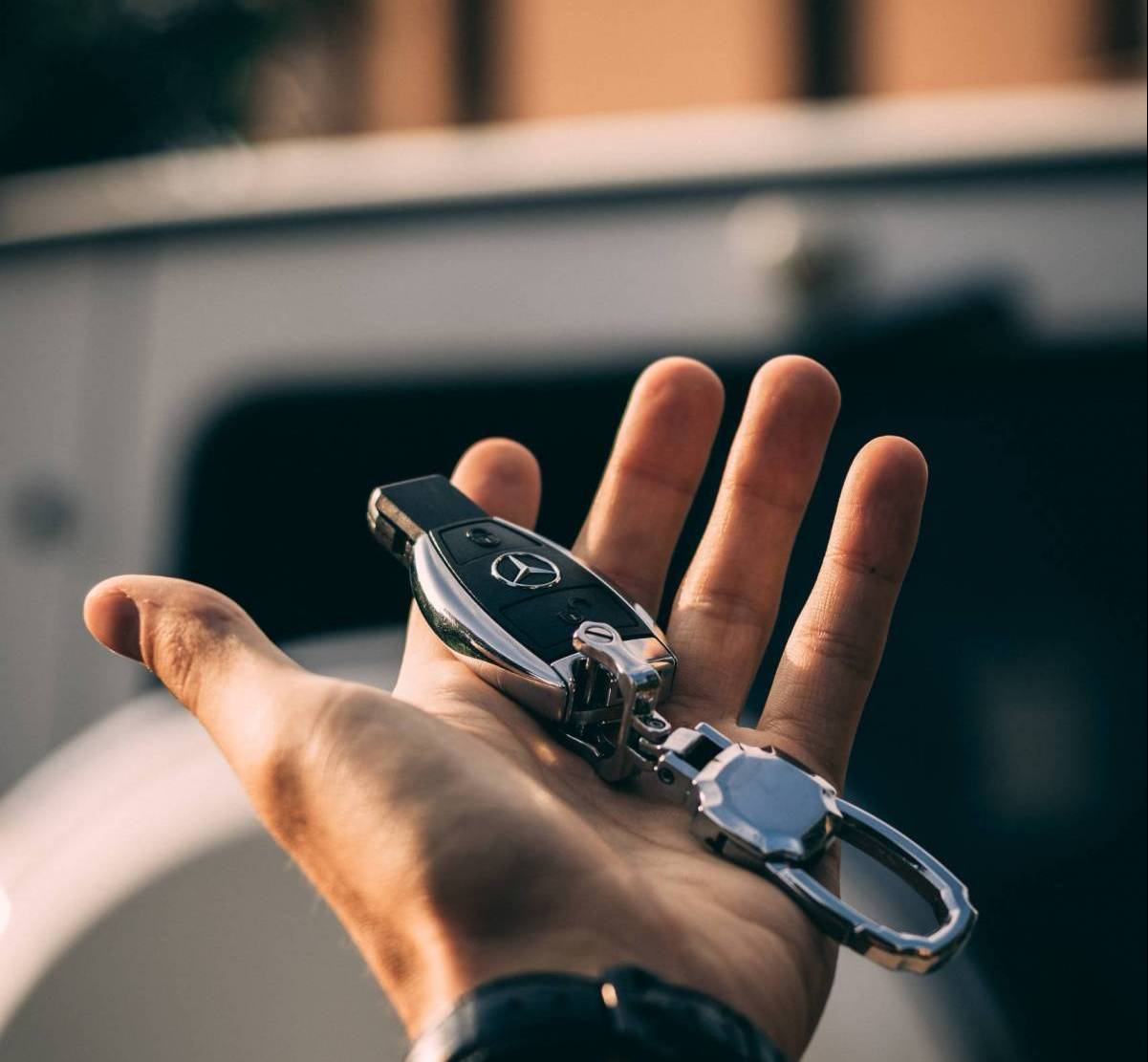Exotic Car Lease Buyouts Q&A
The end of your exotic car lease is coming soon, so what’s your plan? Do you still love your vehicle and want to keep it, or is it time to move on to the next? The exotic car market has changed significantly over the past few years, along with the rest of the automotive market, making end-of-lease decisions different than in years past.
What does residual value mean?
Residual value is the car’s value at the end of a lease term. In most lease agreements, you may be able to purchase your leased exotic car for the residual value at the end of your contract. With the shortage of new vehicles and used vehicle prices up to new heights in the past few years, the buyout option can look even more attractive.
What type of lease do I have?
Leases originate from one of two types of companies—the lease from an automaker’s captive finance company or through a third-party lender who specializes in vehicle leasing for certain types of new or used vehicles. There are two main types of leases—close-ended and open-ended.
In close-ended leases, the residual value is agreed upon in case the lessee wants to purchase at the end of the agreement. Commonly called a lease buyout, it allows you to buy the car you’re already driving for a predetermined price.
Open-ended leases are also an option for exotic cars. This agreement allows the lessee to terminate a lease early or extend it a few years. You can still buy out the lease in most open-ended leases, but the residual value can vary greatly.
Can you finance a lease buyout for an exotic car?
Yes, and you can finance your lease buyout with Woodside Credit. Lease buyouts are becoming quite popular due to the increased prices in the used car market. With the average price of a used car going up over 40% in 2021, many people find themselves in an advantageous situation with the buyout cost of their vehicle being less than the current value. (Note: open-ended leases may not have the same advantages)
How much are monthly payments for a loan vs. a lease?
Typically, loans have been known for having higher payments than leases, but that’s not always the case. Woodside Credit’s loan program is built for low monthly payments, often making those payments even less than leasing. If you know the residual value of your vehicle, it’s easy to estimate your payment with Woodside with the payment calculator.
What to do at the End of your Exotic Car Lease?
If you love the vehicle and the residual value of your car is less than the market value, it’s worth considering buying out the car. Some may purchase the vehicle outright, but loan options are available. If you are interested in a loan program with low payments, Woodside Credit is happy to estimate your payment.
What fees do I have to pay at the end of my exotic car lease?
Leases can be notorious for various fees and vary based on the agreement you sign and what you do at the end of your lease. A typical fee is the disposition fee, which is paid to the lease company when you return your vehicle. Other fees typically charged can be based on the vehicle’s condition, mileage, and when the vehicle is returned.
Do I have to pay tax when buying out my lease?
In most cases, yes. Tax is originally charged on the monthly payment amount when a vehicle is leased. (Note, some states require taxes for lease payments to be paid upfront, and some states may require sales tax to be paid on the total value of the vehicle.) When you purchase your leased vehicle, you will have to pay tax on the residual value.
Looking for a lender who knows lease buyouts? Woodside Credit makes financing your lease buyout easy. With the loan program that’s famous for low monthly payments, it makes financing your vehicle an attractive option for those who want to keep their monthly payments low. With over $2 billion in loan originations and 20 years of experience, trust the lender tailored to classic, collector, and exotic vehicles.

